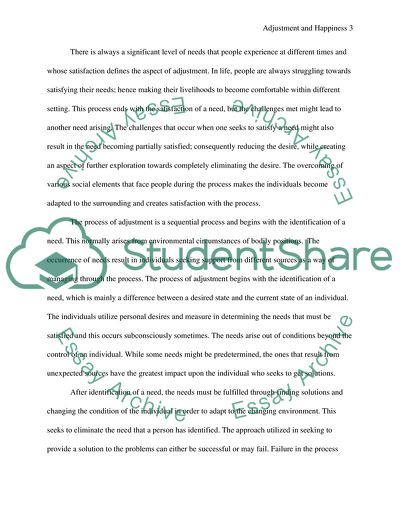Cite this document
(Adjustment and Happiness Essay Example | Topics and Well Written Essays - 2000 words, n.d.)
Adjustment and Happiness Essay Example | Topics and Well Written Essays - 2000 words. https://studentshare.org/psychology/1846963-adjustment-and-happiness
Adjustment and Happiness Essay Example | Topics and Well Written Essays - 2000 words. https://studentshare.org/psychology/1846963-adjustment-and-happiness
(Adjustment and Happiness Essay Example | Topics and Well Written Essays - 2000 Words)
Adjustment and Happiness Essay Example | Topics and Well Written Essays - 2000 Words. https://studentshare.org/psychology/1846963-adjustment-and-happiness.
Adjustment and Happiness Essay Example | Topics and Well Written Essays - 2000 Words. https://studentshare.org/psychology/1846963-adjustment-and-happiness.
“Adjustment and Happiness Essay Example | Topics and Well Written Essays - 2000 Words”. https://studentshare.org/psychology/1846963-adjustment-and-happiness.


